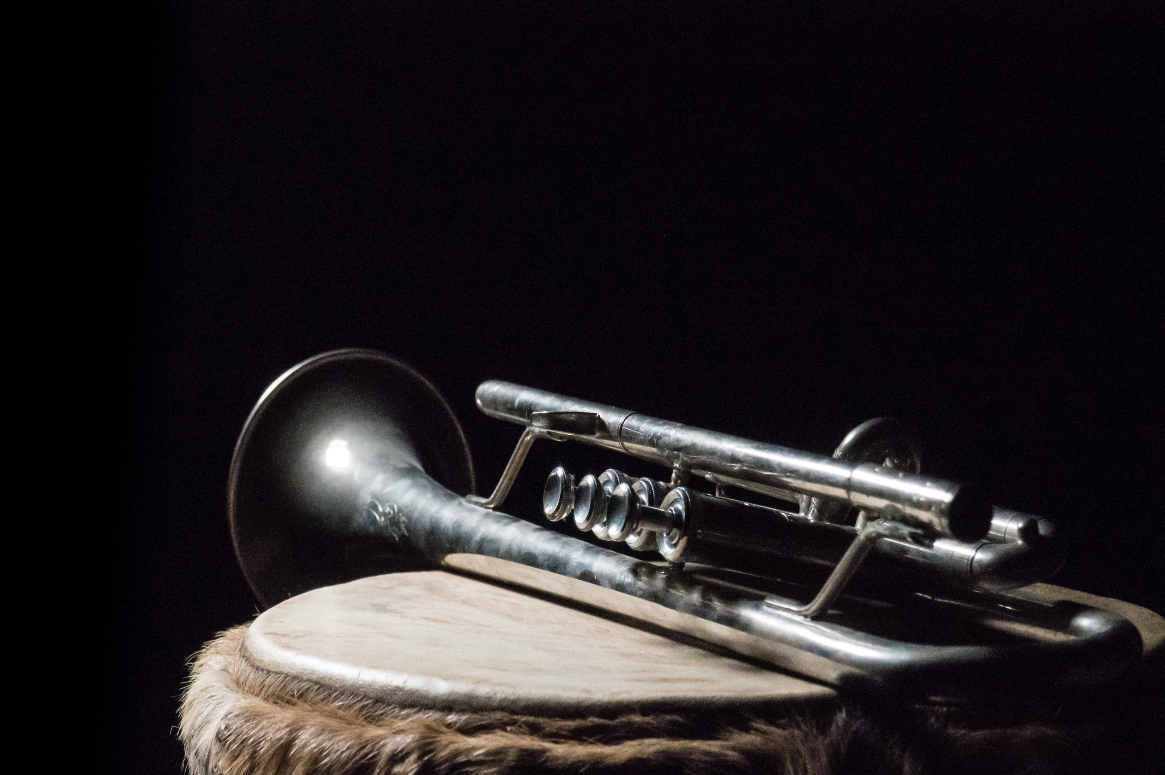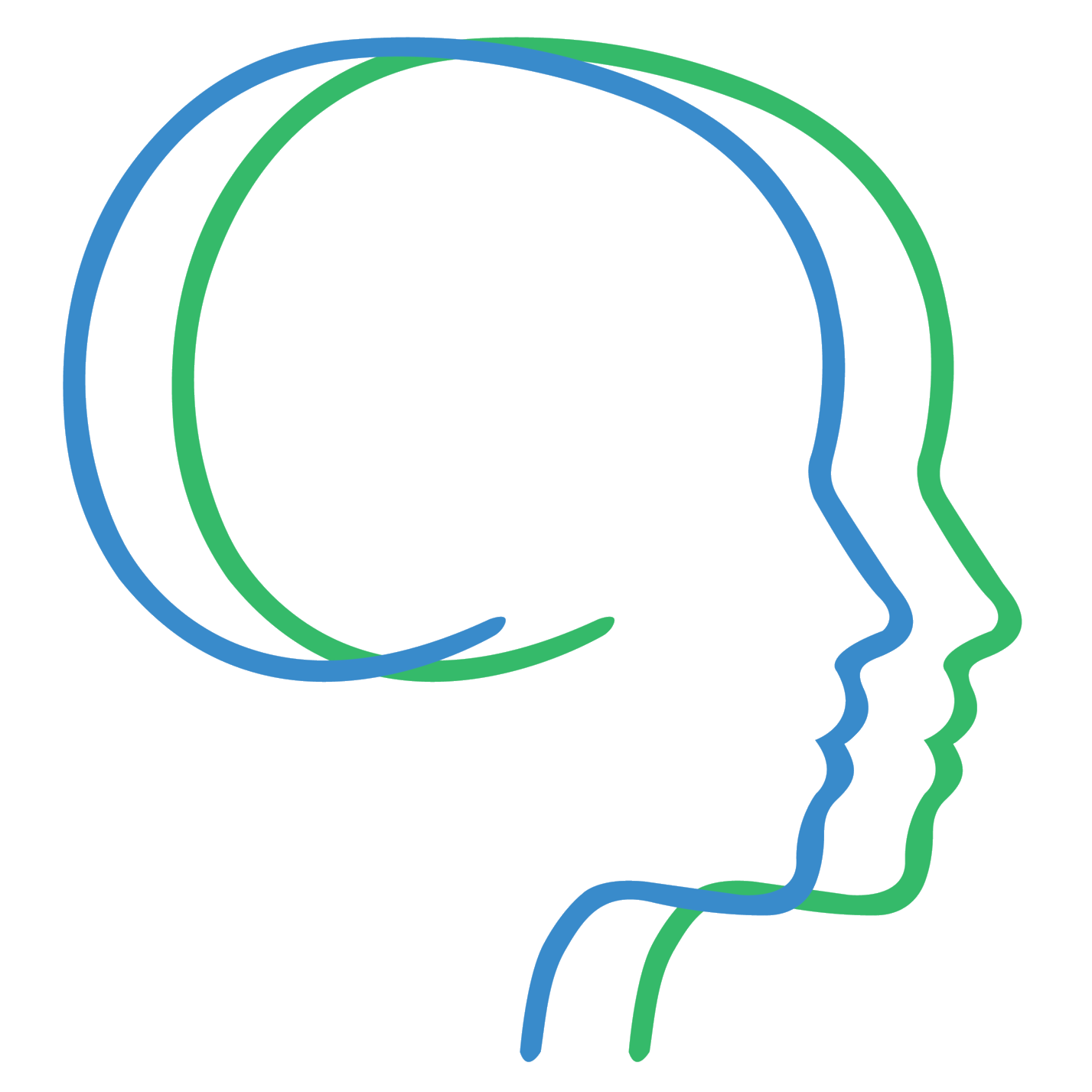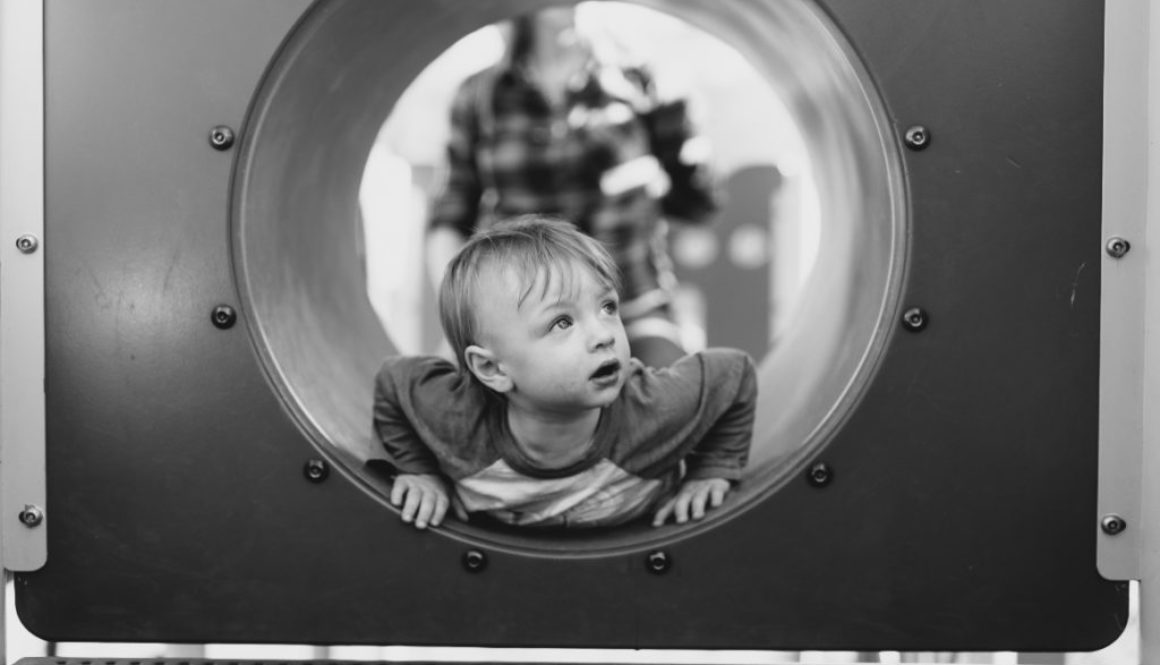When Curiosity Dies
I remember a time when I was fascinated by things I didn’t understand. I still remember watching my father send a fax to a friend who lived on the other side of the world. Of course, this was the pre-internet era. It was already cool enough to talk to people over the telephone, but to send and receive actual written material was beyond me. My nine-year-old brain wondered: did his words travel through the air? How can all those paragraphs fit inside the wires and travel so fast? When I saw a fax coming over, I would think about how those words organized themselves to be exactly like it was when it was written. I remember asking my parents about it, my friends, my parents’ friends, and my teacher. I think I even asked my pastor. I don’t think any answer satisfied me…not because they weren’t true, but perhaps because my young mind simply couldn’t make sense of it. It didn’t help to hear an explanation like: “it travels through electricity,” or “the written words travel just like the spoken words, but they’re deciphered in a different way.” Okay, I could sort of understand how sound traveled because I remember doing the experiment with the plastic cups connected with a string, but written stuff? I needed more than that. Don’t forget that I couldn’t “google” anything because google wasn’t around in 1993. That curiosity bothered me; but it bothered me in a good way. Who was the mind behind this “magic?” What kind of person wakes up and says: “I’m going to make a robot that can send letters through the air?” I must confess that over time I just learned to accept that I had no clue how the thing worked, I just knew that it worked.

A similar situation happened when I first started playing the trumpet. How can this instrument with only three pistons make so many notes? I remember taking my trumpet apart, running water through it, looking at the different combinations of holes and pipes, and finally understanding how it worked…of course it took multiple attempts and several months of thinking. It was a glorious day to say the least. I think I was about 12 or 13 years old when it made sense. I learned that the length of each pipe, and the speed of the air coming from my vibrating lips worked together with the pressing of the pistons to create an unlimited variety of sounds. After that it was easier to understand how a trombone works, how a flute works, saxophone, clarinet, tuba, and virtually all other wind and brass instrument. That simple understanding helped open a door that demystified a whole species of instruments.
When I got my first guitar, at 12, I went through the same process. I finally understood why every acoustic guitar had a hole in the middle, why each string was different, how tuning works, and the beautiful combination of different vibrations. I would imagine the sound waves hitting each other at different speeds when I was tuning, or when a piece of music had a deliberate dissonant note, and why it mattered. My curiosity helped me understand how those instruments were made, and how the sounds had an impact on me. It also helped me learn other instruments on my own.
Speaking of sounds and instruments, I continued my journey to “figure it out” by taking speakers apart, books, computer mouse (admit it, you also couldn’t resist playing with that rubber ball inside the mouse), toys, etc. I remember being just as thrilled putting them back together as when taking them apart, as I had the feeling of “knowing what’s inside.” When we understand how something works, it slowly begins to open other possibilities, as it motivates us to keep digging and understanding our world. It soon helps us transition from wanting to know how things work, to why they exist.

Let me give you an example: my understanding of a dissonant chord being sound waves that interfere with each other will be incomplete if I don’t know why they’re used. When you hear a dissonant chord, you instinctively know that something is wrong. It doesn’t make sense, it’s awkward, it feels confusing, even irritating. Then you hear a “resolution” and the chord produces sound waves that travel through the air without clashing, producing a smooth harmony. All of a sudden that irritating and incomplete “feeling” resolves itself and the listener can finally breathe again. Sometimes a “wrong” or dissonant chord is there to help us appreciate the harmonious chord. Maybe it reminds us that things in life sometimes are incomplete, irritable, or just bad and we want it to stop so we can relax again. We can listen to the same “pattern” in music and look forward to the time when the dissonance will stop and we can calm down. That is the “why.” That simple example helps us understand why music can accurately reflect life, and serve as a partner to share our emotions.
When we feed our curiosity in healthy ways, we expand our intellect and learn to exercise patience, among other things. I have noticed in the last decade a gradual, painful death of curiosity. As much as I avoid reading into things, I can’t help but wonder if there’s a negative correlation between curiosity and mental health problems. I have definitely noticed a decrease in curiosity and an increase in apathy at least among many of my clients. Most of those individuals are younger, between 10 and 30, and a big chunk of my initial work with them is to help them care…about anything. It seems like they’re only “curious” about the next generation smart phone, video-game, or streaming series to binge watch. And even then it’s a very short lived curiosity. Everything else seems to take a back seat.

I worry when I think about the future leaders, teachers, and examples who have spent more time consuming life than figuring out how life works. It seems like our generation forgot that every idea that makes their life fun and easy had a very curious person behind it. What’s so important about curiosity nowadays? How does it affect our relationships? Research has identified four ways in which curiosity helps us. Let’s go through them and find out a few lessons we can learn.
- People who are curious have better relationships. It turns out that when it comes to relationships, it is much better to be interested than interesting. People will naturally treat you better if you show that you are curious about them, and vice versa. Keep in mind that there’s always a balance; being curious is not the same as being obsessive. Obsession is that thing that makes you want to look at social media every five minutes to see what is trending, or who is traveling to the amazing place that you’ll never afford. That is not curiosity. It’s actually a deceptive form of selfishness…but that’s not what we’re talking about today. Think about your own experience; do you find yourself more attracted to individuals who ask questions or who just want answers?
- People who are curious deal with rejection better. Maybe it’s due to the ongoing shot of “hope” that curious people have, or maybe they have learned to look at different angles of a difficult situation. Whatever the case, research is finding that curious people don’t allow rejection to define their lives as much as others.
- People who are curious show less aggression. Curious people don’t take things too personally, at least when compared to less curious people. The theory is that curious people have an improved ability to take another person’s perspective, which naturally creates empathy. When we are able to step in other people’s shoes, we’re much more likely to treat them with respect, even if they’ve done something against us.
- Curious people enjoy socializing more. Maybe we didn’t need research to tell us this one, but it’s always good to have some science to back it up; it sounds more sophisticated. There’s the added anti-anxiety benefit to being curious. People who experience social anxiety, another increasing problem, tend to focus on themselves more (e.g., heart rate, sweating, posture, breathing, etc.) which consequently cause others to be less interested. When you let go of those self-evaluating tendencies you give yourself permission to be interested in others, thus allowing others to feel more relaxed and open around you, which will in turn decrease your nervousness. It’s easy to see how the snow-ball effect happens, so try your hardest to stop looking at yourself and get to know others. *
If you are a naturally shy person and have struggled to “care” about how things work, or genuinely show interest in other people, there is good news. Anyone can learn to develop curiosity. Next time you stop by your favorite restaurant on a Saturday night and see a tired waiter trying to help you enjoy your meal, take some time to ask a few simple questions to show them someone cares. Or when you find yourself driving to the mechanic to have your oil changed, open the hood and try to figure it out…who knows, you may save a few bucks over time, and in the process become a more interested/interesting person.
Source:
*https://greatergood.berkeley.edu/article/item/why_curious_people_have_better_relationships

